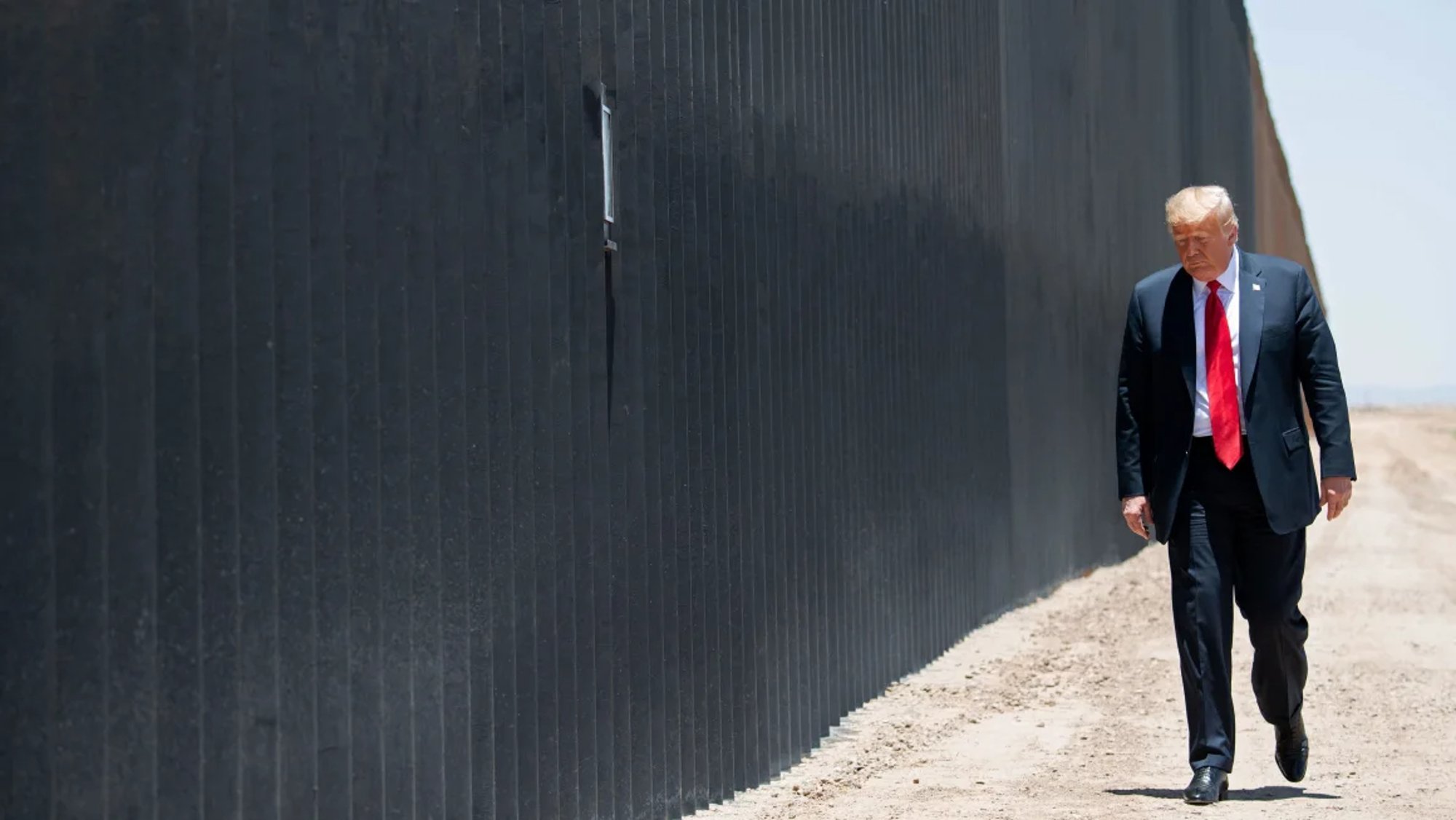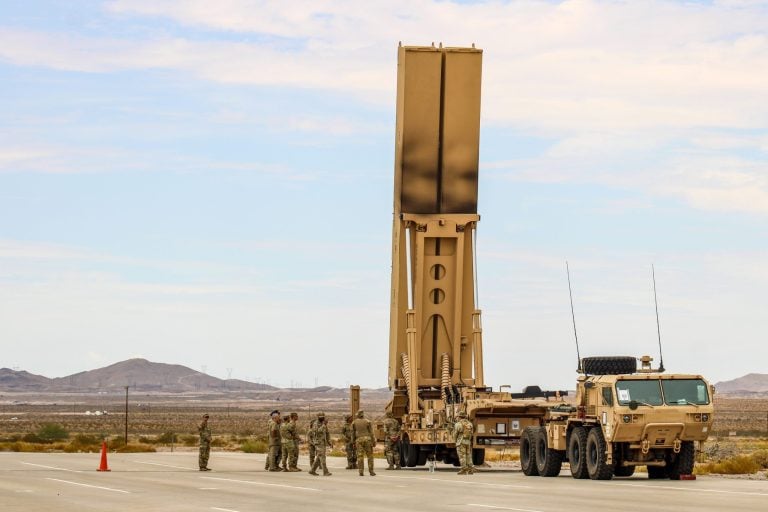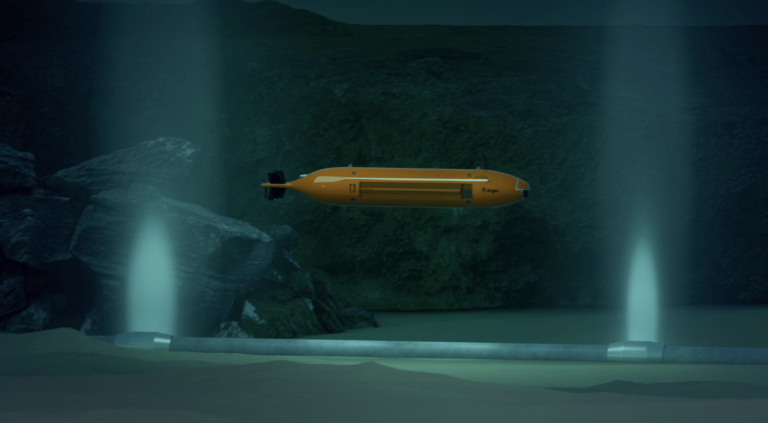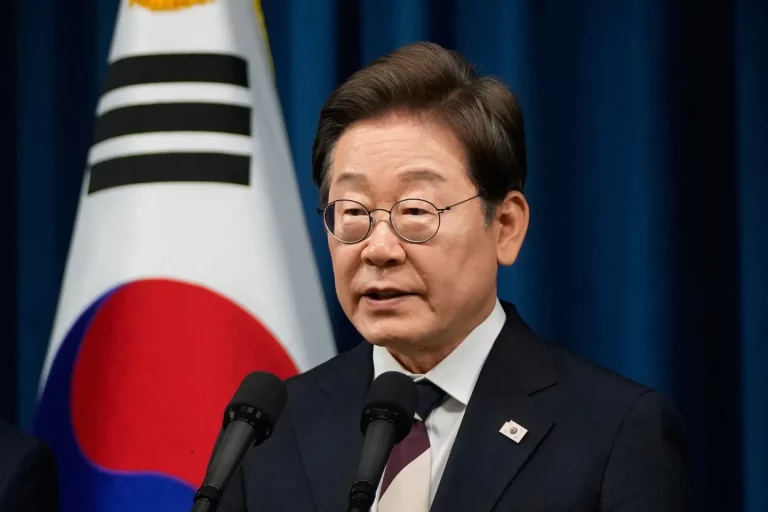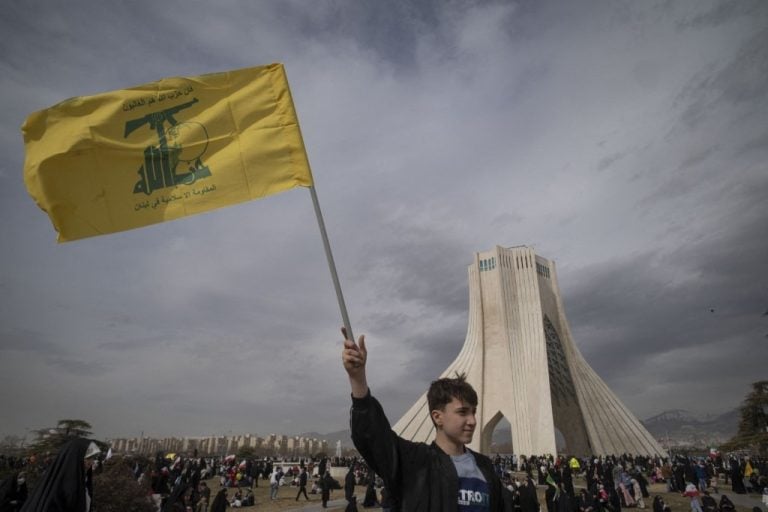In a significant development, President Donald Trump has officially classified the United States’ actions against drug cartels as “armed conflict,” according to a notice sent to Congress. This announcement, following a series of U.S. military strikes on vessels off the coast of Venezuela, serves as a legal justification for recent military operations that have reportedly resulted in the deaths of at least 14 individuals.
The Pentagon’s letter articulated that the president has designated the drug cartels as non-state armed groups and categorized them as terrorist organizations, asserting that their actions constitute an armed attack against the United States. This legal framing allows for a stronger military response against operations purportedly involved in drug trafficking.
Recent U.S. military actions specifically targeted boats believed to be transporting illicit drugs from Venezuela. In response to these operations, tension has escalated, with Venezuela’s government expressing deep concern over what it deems illegal incursions by U.S. military aircraft. Venezuelan Defense Minister Vladimir Padrino has characterized these activities as a “provocation” and a significant threat to national security, condemning the U.S. for allegedly violating international law.
The communication from the Trump administration to Congress follows an attack on September 15, part of a larger military strategy that includes deploying additional U.S. naval forces to the Caribbean Sea. This strategy has seen the U.S. bolster its military presence in the region, including the dispatch of 10 F-35 aircraft to Puerto Rico alongside eight warships and a nuclear submarine, marking the most extensive military deployment in the area in over three decades.
White House spokeswoman Anna Kelly defended the operations, stating that the president’s actions align with the law of armed conflict, emphasizing a commitment to protect American shores from narcotic threats. “He is delivering on his promise to take on the cartels and eliminate these national security threats from murdering more Americans,” Kelly said.
Legal experts have raised concerns regarding the legitimacy of Washington’s military actions, questioning whether they comply with domestic and international law. Despite this unrest, the Trump administration has reiterated its stance, maintaining that these military measures are essential in combating drug trafficking that poses a domestic threat.
As tensions escalate, Maduro’s government views Trump’s military engagements as part of a broader agenda aimed at regime change. The ongoing situation highlights a complex intersection of law, international relations, and national security in the face of persistent challenges posed by drug trafficking and geopolitical rivalries in the region.
